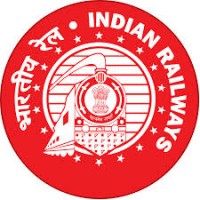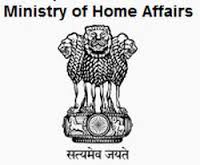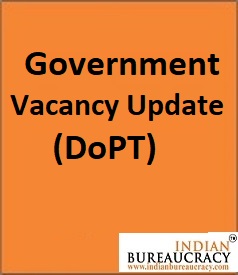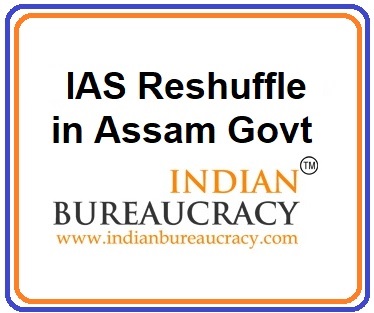As on 01.04.2016, 41 nos. of railway projects covering a length of about 5650 Km have been taken up on cost sharing basis with State Governments. The latest cost of these projects is ` 60,850 Crore and an outlay of ` 4,317 Crore has been provided in Rail Budget 2016-17 for these projects.
All cost sharing projects are progressing as per availability of resources. Every railway project requires a number of clearances from various Ministries and Departments of State/Central Governments. These, inter-alia, include clearances inherent to land acquisition, forestry clearance and permission for crossing from departments like National Highway Authority of India, Public Works Department, Irrigation canals etc;and also clearances of Archeological Survey of India if the alignment passes in vicinity of a protected monument, local bodies for projects passing through urban areas, etc which are part of project execution. Process of seeking the approvals/clearances and the time taken therein is inherent to project execution time. Delays therein cause delay in completion of the entire project. However, it is Railway’s’ endeavour to complete the ongoing projects expeditiously. Since Railway projects straddle over more than one State, projects are not sanctioned Statewise.
However, during the last three years i.e. 2013-14, 2014-15, 2015-16, & current financial year i.e. 2016-17, 5305 Kms of new lines have been included in Railway Budget. Railways have a large throw forward of ongoing projects vis-à-vis availability of budget from Gross Budgetary Support (GBS). To overcome this financial crunch, Ministry of Railways has approached State Governments to form Joint Venture Companies (JVCs) jointly with Ministry of Railways to undertake mutually identified rail infrastructure projects for project development, resources mobilization and monitoring. Some other steps taken/being taken by the Government for effective and speedy implementation of rail projects in the country are (i) substantial increase in allocation of funds, (ii) prioritization of projects, (iii) delegation of powers at field level, (iv) regular coordination meetings with State Governments for land acquisition, relocation of utilities, etc.





